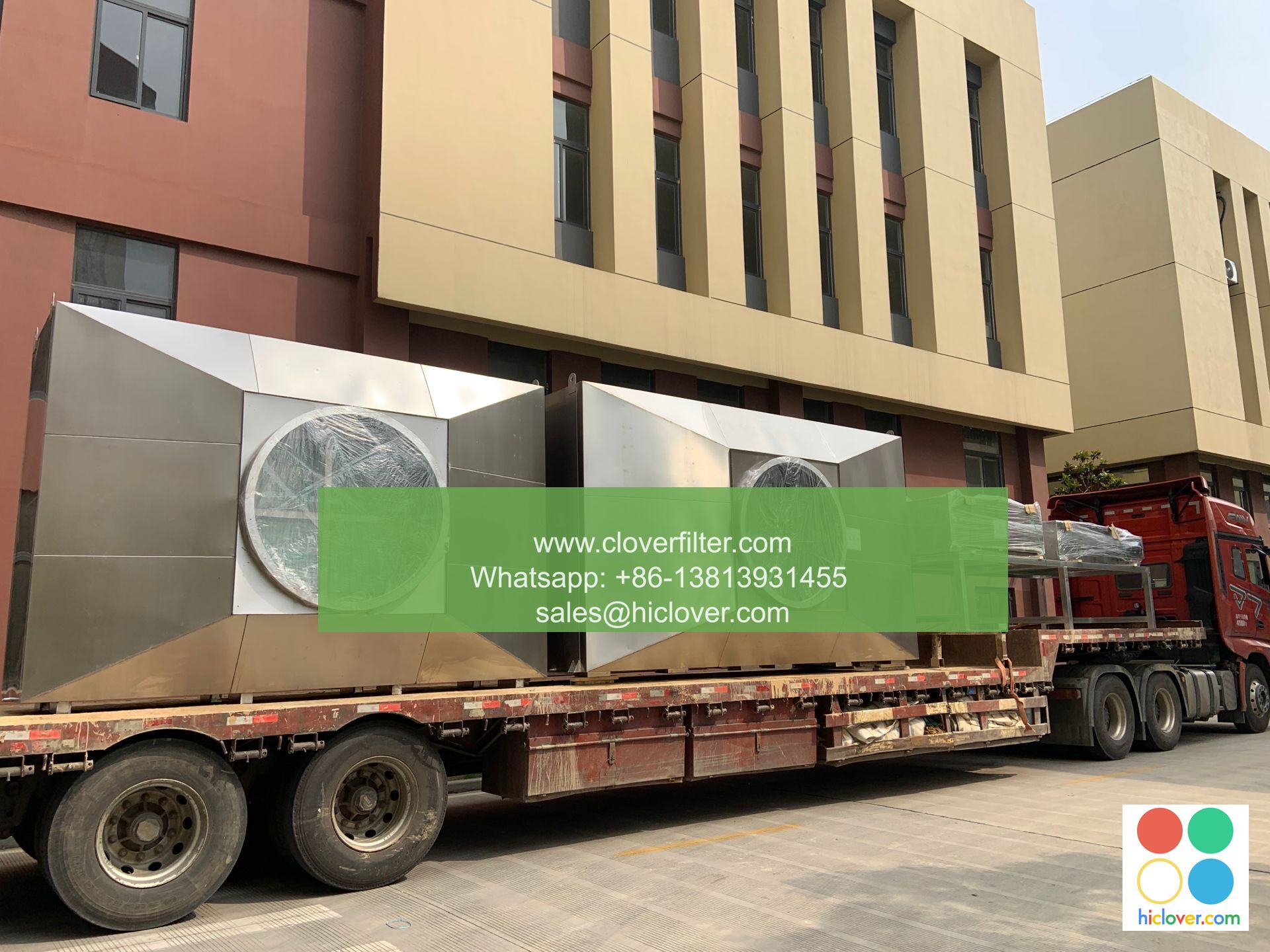Air Filter Regulations and Economics

As the world grapples with the challenges of air pollution and climate change, the importance of air filter regulations and their economic implications cannot be overstated. In this article, we will delve into the world of air filtration systems, exploring the various regulatory frameworks and economic factors that shape the industry.
Regulatory Frameworks: Ensuring Clean Air and Compliance
Governments around the world have established air quality standards and regulations to ensure that indoor air quality and outdoor air quality meet certain minimum requirements. These regulations vary by country and region, but they often include standards for particulate matter, volatile organic compounds (VOCs), and other air pollutants. For instance, the US Environmental Protection Agency (EPA) has established National Ambient Air Quality Standards (NAAQS) to regulate air pollution levels.
Economic Factors: Balancing Cost and Benefit
The economics of air filtration play a crucial role in shaping the industry. Air filter manufacturers must balance the cost of producing high-quality air filters with the benefits they provide to consumers. Industrial applications, such as power plants and chemical processing, require high-performance air filters that can capture fine particulate matter and other harmful pollutants. In contrast, residential applications may prioritize cost-effective solutions that still provide adequate indoor air quality.
Application Areas: Industrial, Commercial, and Residential
Air filter regulations and economics have a significant impact on various application areas, including:
* Industrial applications: Power generation, chemical processing, and manufacturing require high-performance air filters to capture harmful pollutants and maintain process efficiency.
* Commercial applications: Office buildings, hospitals, and schools require air filters that can maintain indoor air quality and prevent the spread of airborne diseases.
* Residential applications: Homeowners and builders must choose air filters that balance cost and performance to maintain healthy indoor environments.
Technological Advancements: Innovations in Air Filtration Technology
The air filtration industry is constantly evolving, with technological advancements driving innovation and improvement in air filter design and performance. Some notable technological advancements include:
* Nanofiber technology: Nanofibers have been shown to capture fine particulate matter and other harmful pollutants more effectively than traditional air filters.
* Membrane technology: Membranes can be used to capture specific pollutants and improve air filter efficiency.
* Sustainable materials: The use of sustainable materials in air filter production can reduce environmental impact and promote green technology.
In conclusion, air filter regulations and economics play a crucial role in shaping the air filtration industry. By understanding the various regulatory frameworks and economic factors at play, we can promote the development of high-performance air filters that balance cost and benefit across various application areas. It seems like you didn’t provide a specific prompt. Could you please provide more details or clarify what you’re looking for? I’m here to help with any questions or tasks you might have.

